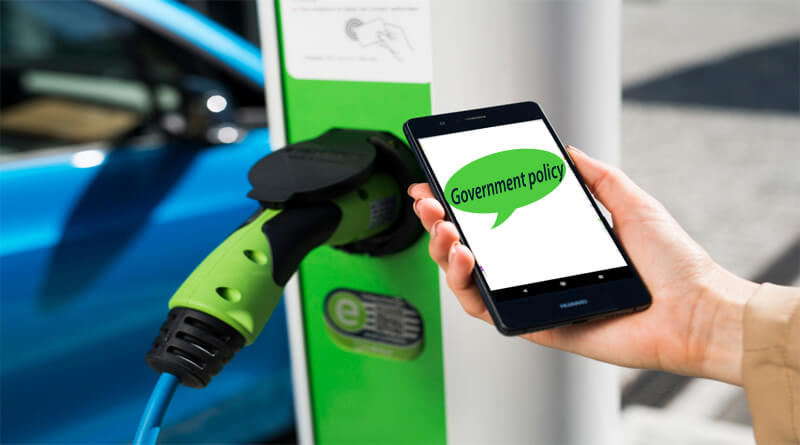Following up on its announcement from late October, the Housing and Urban Development Ministry has issued new guidelines which mandate, residential and commercial complexes to allot 20% of their parking space for electric vehicle charging facilities, while eateries will have to reserve space for kiosks.
The Department of Town and Country Planning on behalf of the Ministry has issued guidelines to provide for electric vehicle charging infrastructure through an addendum to Model Building Bye-Laws, 2016 and Urban and Regional Development Plan Formulation and Implementation Guidelines, 2014. The guidelines on charging infrastructure mandate provisions in various buildings. “Based on the occupancy pattern and the total parking provisions in the premises of the various building types, charging infrastructures shall be provided only for electric vehicles, which is currently assumed to be 20% of all ‘vehicle holding capacity’ at the premise. Additionally, the building premises have to have an additional power load, equivalent to the power of all the charging points operated simultaneously,” the guidelines state.
c
For residential and institutional buildings, the department recommended that both metering and payment be included in the maintenance bills of the house owners, and the equivalent metered units transferred to their smart card that is used for charging. For visitors looking to charge their vehicles, the buildings should provide open metering and on spot payment options. “Charging bays shall be planned currently at 20% capacity of all vehicles including two-wheelers and cars,” the guidelines state.
c
The guidelines specify technical parameters for slow and fast varieties of CCS, CHAdeMO and Bharat platforms. The guidelines require one charging station to be set up every three km in cities and every 25 km on both sides of highways. The tariff for supply of electricity to the electric vehicle public charging station shall not be more than the average cost of supply plus 15%, the guidelines stated. States will fix a ceiling on service charges of the public charging stations.
c
The power ministry last month issued guidelines for charging infrastructure under which it has asked public charging stations to install both Japanese and European charging platforms, and early last year issued a notification clarifying that setting up charging stations for electric vehicles will not require a
separate license under the Electricity Act of 2003.

